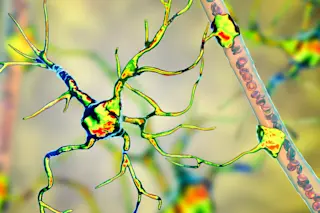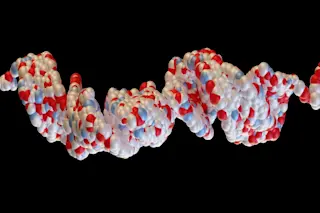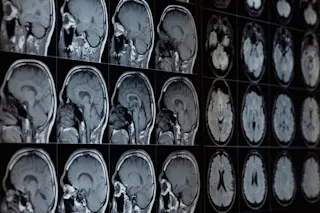After years of fiddling with human, mouse, rabbit, and cow cells, researcher Robert Lanza has declared that it's impossible to create human-animal hybrid embryos, but that human cloning appears to be eminently doable. Lanza wasn't trying to create some freakish chimera, nor did he intend to bring forth a squalling baby as the world's first human clone. But ever
since researchers cloned Dolly the sheep in 1996 by transferring the nucleus of one of her cells into the nucleus-free egg of another sheep, scientists, ethicists, politicians, and the public have wondered whether a person could be cloned in the same way [ScienceNOW Daily News].
While human cloning has largely been rejected as unethical, many researchers are excited by the idea of "therapeutic" cloning, in which the same technique could be used to create embryos that would be harvested for medically useful stem cells. Those stem cells
would have the same ...













